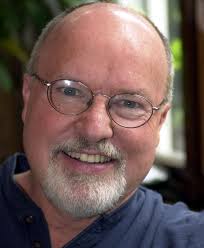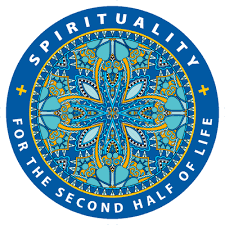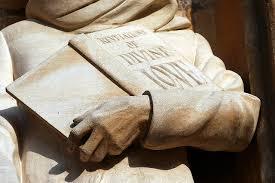The Two Halves of Life
Franciscan priest Richard Rohr, set up the Center for Action and Contemplation back in the 1980s in New Mexico, USA. Author of numerous books, he has lead workshops and retreats all over the world on contemplative spirituality and social action for justice.

In his 2011 book Falling Upward Rohr argues that our lives can usefully be divided into two halves. Each half has a difference purpose but unfortunately many of us fail to recognise the purpose of the second half of life. So let’s look at these two halves of life and explore what Rohr has to say about them.

First Half of Life Concerns for the Individual
According to Rohr, the purpose of the first half of life is to build a strong ‘container’ or identity for ourselves. It is about making our way in the world by becoming a responsible citizen, and finding meaningful work based on our talents. For many people this also involves finding a mate and perhaps having children. Over the years through our interactions with others at work, professional organisations, local community and parish, we establish a circle of friends and colleagues that give us a sense of security and identity.
In this half of life we tend to be preoccupied with our reputation, both at work and in the community. Financial security and establishing a place we call home are also important goals of the first half of life. In this stage of life there is often a strong attachment to rules and procedures and a tendency to be critical of those who don’t conform.
According to Richard Rohr, much of contemporary society is overly pre-occupied with first half of life tasks and fails to recognise the equally important tasks of the second half of life. Even organised religion, Rohr feels sometimes falls into this trap when it over-emphasises rules and conformity.
Second Half of Life Spirituality

According to Rohr, as we enter the second half of life we need to move beyond mere adherence to rules. Second half of life people are more guided by the principles of the Beatitudes rather than the injunctions of the Ten Commandments. This does not mean that these are rejected. Rather the Commandments are transcended, while included in the deeper calling of the Beatitudes. Jesus himself seems to do this when he moves beyond the 4th Commandment injunction to “honour thy father and thy mother” telling his followers:
“Those who come to me cannot be my disciples unless they love me more than they love father and mother, wife and children, brothers and sisters, and themselves as well.”
(Luke 14:26)
This is not so much a rejection of the natural love among family members but more a warning that if we are tied down by the expectations of our family, or wider society, we will never have the courage to be guided by the promptings of the Spirit. Such promptings often take us on paths no longer dictated by the concern for ‘what the neighbours might say”.
No More ‘Loyal Soldier’
While church and state might be seen as encouraging us to be the ‘loyal soldier’ following the rules simply because someone else says so, the task at this time of life now is to develop what Rohr calls ‘finding your authentic inner voice’. Or in the words of the prophet Jeremiah “the law written in your heart” (31:33) For many people this happens somewhere between the ages of thirty-five and fifty-five, if it happens at all.
Reversal of Fortune
Life itself very often initiates us into this next stage of life. Typically, sooner or later, we encounter some kind of failure or humiliation whether through illness, a redundancy, a bereavement or the loss of reputation. This often painful turning point in our lives, encourages us to ‘let go and let God’. Rohr reminds us that in the myths of old and even modern popular tales of heroes, there is nearly always a reversal requiring the hero to look within to find the resources that lead to greater strength and courage. We see plenty of examples of this in the Bible.

Even Jesus himself has to undergo the Agony in the Garden and the trial of the Crucifixion before attaining to the glory of the Resurrection. In his years of teaching, Jesus was fond of parables that suggest a losing and then a finding, as we can see clearly in Luke’s Gospel (Chapter 3) where we hear about the lost sheep which is found, the woman who loses one of her ten coins and celebrates when she finds it and of course , the story of the lost or prodigal son who is found through the forgiveness of his father.
Interestingly, the older brother who has done the dutiful thing all along, can’t forgive his younger brother. He is an example of the ‘loyal soldier’ tied to the rules of the first half of life and therefore not having the generosity of spirit to accept his now transformed brother.
From Believing to Inner Knowing
According to Rohr, in the second half of life our spiritual awareness moves from adherence to a belief system to a humble inner knowing. Life in all its ups and downs becomes the great spiritual teacher. The unsatisfactoriness of human existence creates in us a kind of spiritual homesickness. For Rohr, the indwelling of the Holy Spirit, acts like a homing device in us. We realise that our human longing for a place called home is really an intimation of a deeper longing for our home with God where we all started out from.
Great Love and Great Suffering the Twin Entry Points
In the end according to Rohr, the twin entry points into deeper spiritual awareness are often either great love or great suffering. Humbled, we surrender to the “Great Divine Gaze” which is “always compassionate and embracing” – something that Rohr himself has been a great exemplar of, in the second half of his own life.






